Gender Selection in Thailand - Cost Breakdown & Insights
"Gender selection in Thailand, typically performed as part of an IVF cycle with PGD/PGS, generally costs between $10,000 and $17,000 USD."
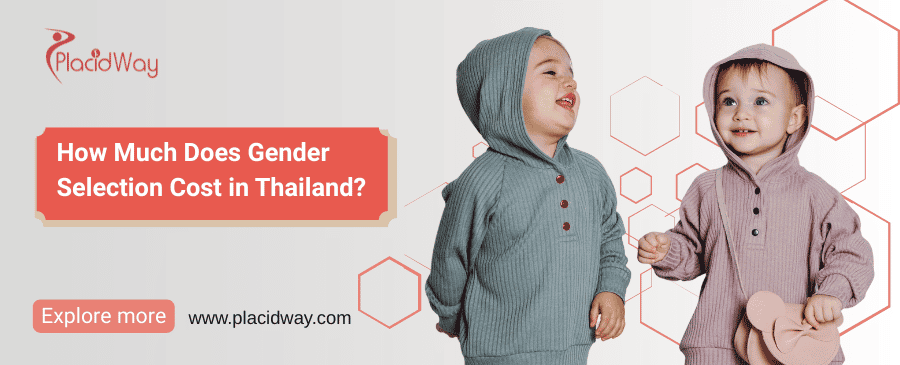
Choosing the gender of your baby is a deeply personal decision for many couples, often driven by a desire for family balancing or to avoid specific genetic disorders. Thailand has emerged as a prominent destination for gender selection through In Vitro Fertilization (IVF) combined with Preimplantation Genetic Diagnosis (PGD) or Preimplantation Genetic Screening (PGS).
This advanced medical procedure offers a unique opportunity for prospective parents. This blog post will delve into the various aspects of gender selection cost in Thailand, providing a comprehensive overview of prices, procedures, and important considerations to help you make informed decisions on your path to parenthood.
How much does a complete gender selection IVF cycle in Thailand cost?
"A complete gender selection IVF cycle in Thailand typically costs between $12,000 to $15,000 USD, though some packages can range from $10,000 to $17,000, depending on the clinic and services included."
A comprehensive gender selection IVF cycle in Thailand includes several stages, from initial consultation and ovarian stimulation to egg retrieval, fertilization, genetic testing, and embryo transfer. The price variations depend on factors such as the clinic's reputation, the specific technologies used, the number of embryos tested, and whether additional services like medication, embryo freezing, or extended genetic screening are part of the package. Many clinics offer all-inclusive packages designed to provide transparency and cover most of the necessary medical steps, making Thailand an attractive option for international patients seeking affordable gender selection without compromising on quality.
What is included in the typical gender selection IVF package in Thailand?
"A typical gender selection IVF package in Thailand usually includes initial consultation, ovarian stimulation medication, egg retrieval, laboratory procedures (IVF/ICSI), PGT-A/PGD testing for gender selection, embryo transfer, and initial pregnancy monitoring."
These packages are designed to streamline the process for international patients. Beyond the core medical procedures, some clinics may also include services such as airport transfers, translation services, and assistance with accommodation arrangements. It's crucial to clarify with the chosen clinic what exactly is covered in their quoted price to avoid any unexpected costs. Understanding these inclusions helps in budgeting and planning your gender selection journey in Thailand effectively.
Why is gender selection more affordable in Thailand compared to Western countries?
"Gender selection in Thailand is often 40-60% more affordable than in countries like the US or Europe due to lower operational costs, competitive healthcare markets, and a strong focus on medical tourism."
The cost difference can be attributed to several factors. Thailand has a lower cost of living and, consequently, lower labor costs for medical staff and facility maintenance. The competitive nature of the medical tourism industry in Thailand encourages clinics to offer more attractive pricing while maintaining high standards of care and technology. This combination of affordability and quality makes Thailand a leading destination for fertility treatments, including gender selection.
Is gender selection legal in Thailand for non-medical reasons?
"Yes, gender selection for non-medical reasons (also known as family balancing) is generally legal in Thailand, though it is primarily offered in conjunction with IVF and PGD/PGS procedures."
Thailand's legal framework allows for gender selection for family balancing, unlike some Western countries where it may be restricted to medical reasons only (e.g., preventing sex-linked genetic disorders). This legality, combined with advanced medical facilities, makes Thailand a preferred choice for couples worldwide who wish to choose the sex of their baby. However, it's important to note that Thai law typically requires patients to be married couples to undergo IVF with gender selection.
What are the eligibility criteria for gender selection IVF in Thailand?
"Ideal candidates for gender selection IVF in Thailand typically include female partners under 43 years of age with good ovarian reserve, normal uterine cavity, and no major medical conditions, along with a valid marriage certificate as required by Thai law."
These criteria ensure a higher chance of success for the procedure. Fertility clinics in Thailand conduct thorough assessments, including medical history reviews, hormonal profile testing, and semen analysis, to determine a couple's suitability for IVF with gender selection. Lifestyle modifications and stopping certain medications may also be advised prior to starting the treatment.
How long does the gender selection IVF process take in Thailand?
"The gender selection IVF process in Thailand typically takes 2-3 weeks for the active treatment phase, with preparation beginning 2-3 months prior, and a full pregnancy test result after about 34-35 days from the start of ovarian stimulation."
The typical schedule involves: initial consultation and tests (Day 1-2), ovarian stimulation and monitoring (Day 2-12), egg retrieval (Day 13-14), embryo development and genetic testing (Day 14-19), embryo transfer (Day 19-20), and a pregnancy test two weeks after transfer. International patients usually plan a stay of at least 2-3 weeks in Thailand for the core procedures.
What is Preimplantation Genetic Diagnosis (PGD) and how does it relate to gender selection?
"Preimplantation Genetic Diagnosis (PGD) is a genetic testing technique used during IVF to screen embryos for specific genetic disorders and to determine their gender before implantation, ensuring only healthy embryos of the desired sex are transferred."
PGD is crucial for gender selection because it allows embryologists to identify the sex chromosomes (XX for female, XY for male) of each embryo. This is done by taking a small biopsy from the embryo at the blastocyst stage (usually Day 5 or 6 of development) and analyzing its genetic material. Only the embryos with the desired gender, and that are free from tested genetic abnormalities, are then selected for transfer to the uterus. This technology is a cornerstone of effective gender selection IVF programs in Thailand.
What are the success rates for gender selection IVF in Thailand?
"Success rates for gender selection IVF in Thailand are generally high, often comparable to leading clinics worldwide, with reported success rates of 50-65% for women under 35, and varying based on the woman's age and embryo quality."
While individual results can vary, many clinics in Thailand utilize advanced laboratory techniques and highly skilled specialists, contributing to favorable outcomes. Factors influencing success include the woman's age, ovarian reserve, sperm quality, and the number and quality of embryos available for transfer after PGD/PGS testing. Reputable clinics will provide transparent success rates based on their patient demographics.
Are there any hidden costs in gender selection packages in Thailand?
"While many gender selection packages in Thailand aim to be all-inclusive, potential hidden costs can include additional fertility medications beyond the package limit, extended embryo freezing and storage fees, or costs for multiple IVF cycles if the first one is unsuccessful."
It's vital for patients to scrutinize the detailed breakdown of costs provided by clinics. Ask specific questions about what is and isn't included, such as the number of embryos covered for genetic testing, the duration of embryo storage, and any follow-up appointments or unexpected complications. Transparent communication with the clinic ensures a clear understanding of the total cost of gender selection in Thailand.
What post-procedure care is involved after gender selection IVF in Thailand?
"After gender selection IVF in Thailand, post-procedure care typically involves a pregnancy test approximately two weeks after embryo transfer, continued hormonal support, and follow-up consultations with the fertility specialist."
Patients are usually advised to rest and avoid strenuous activities immediately after the embryo transfer. Clinics provide clear instructions regarding medication continuation (e.g., progesterone) to support early pregnancy. For international patients, clinics often offer remote follow-up options or coordinate care with their local healthcare providers to ensure continuous support.
What happens if the first gender selection IVF cycle is unsuccessful?
"If the first gender selection IVF cycle in Thailand is unsuccessful, clinics typically discuss options for a second cycle, which may involve additional costs for medication and procedures, or suggest alternative fertility treatments."
Many clinics offer discounted rates for subsequent cycles or have packages that include multiple attempts. The fertility specialist will review the previous cycle's details to identify potential reasons for failure and adjust the treatment plan accordingly. It is important for couples to consider the possibility of needing more than one cycle when planning their gender selection journey and budgeting.
What preparations are needed before traveling to Thailand for gender selection?
"Before traveling to Thailand for gender selection, couples should undergo comprehensive fertility assessments, medical history review, hormonal profile testing, and semen analysis in their home country, and secure a valid marriage certificate."
These preliminary tests help the Thai clinic create a personalized treatment plan and avoid unnecessary delays upon arrival. Additionally, patients should arrange for passports, visas (if required), travel insurance, and plan for accommodation and local transportation for their stay of several weeks. Preparing these aspects in advance ensures a smoother and less stressful gender selection experience in Thailand.
Which clinics are reputable for gender selection in Thailand?
"Reputable clinics for gender selection in Thailand include Genea Clinic, Safe Fertility Clinic, Bumrungrad International Hospital, Praram 9 Hospital, Takara IVF Bangkok, and First Fertility PGS Center, all known for their advanced technology and experienced specialists."
These clinics are often internationally accredited (e.g., JCI, RTAC) and boast high success rates. When choosing a clinic for gender selection in Thailand, it is recommended to research their specific expertise in PGD/PGS, read patient testimonials, and inquire about their certifications and the qualifications of their medical team.
How does PGT-A compare to PGD for gender selection?
"PGT-A (Preimplantation Genetic Testing for Aneuploidies) screens embryos for chromosomal abnormalities, including sex chromosomes, while PGD (Preimplantation Genetic Diagnosis) specifically tests for single-gene disorders, though both can determine gender."
In the context of gender selection, PGT-A is commonly used as it identifies aneuploidies (abnormal number of chromosomes) which includes screening for XX or XY chromosomes. This dual benefit allows for the selection of embryos that are both chromosomally normal and of the desired gender, potentially increasing the chances of a healthy pregnancy and birth. PGD, while also capable of gender identification, is more focused on preventing the transmission of known genetic diseases within a family.
What are the ethical considerations surrounding gender selection?
"Ethical considerations around gender selection primarily revolve around the concept of "designer babies," potential gender imbalance in society, and the moral implications of choosing traits for non-medical reasons."
While gender selection is legal in Thailand, these ethical debates exist globally. Many argue that family balancing can bring psychological and social benefits to families, while others express concerns about the slippery slope towards eugenics. These considerations are personal and vary greatly among individuals and cultures.
Can single parents undergo gender selection in Thailand?
"Generally, IVF with gender selection in Thailand is available for married couples, and single parents may face legal obstacles in accessing these services."
Thai law often requires a valid marriage certificate for couples undergoing assisted reproductive technologies. It's essential for single individuals considering gender selection in Thailand to verify current regulations and clinic policies as they can vary.
Explore PlacidWay for solutions related to medical tourism, healthcare services, or other relevant offerings.


.png)
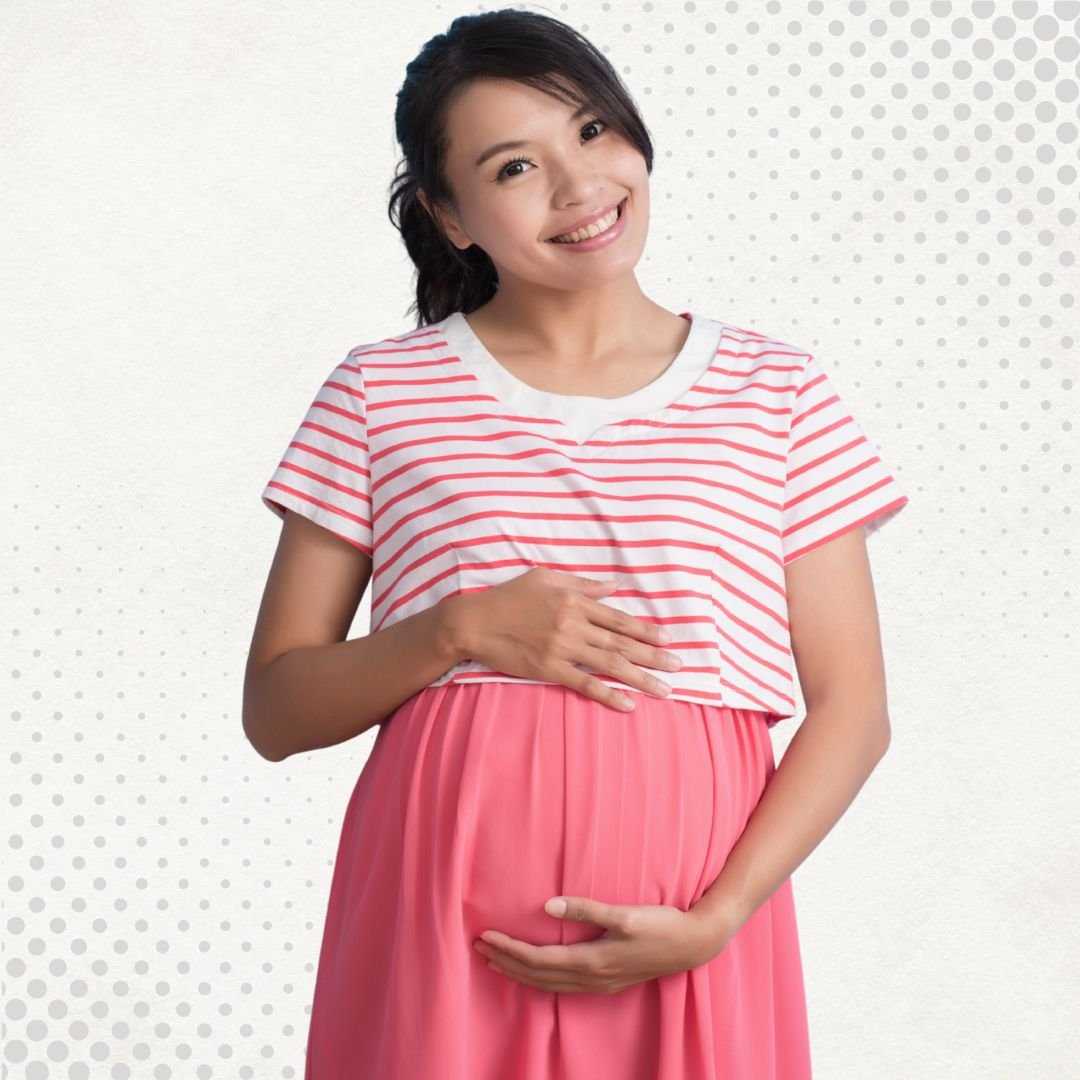
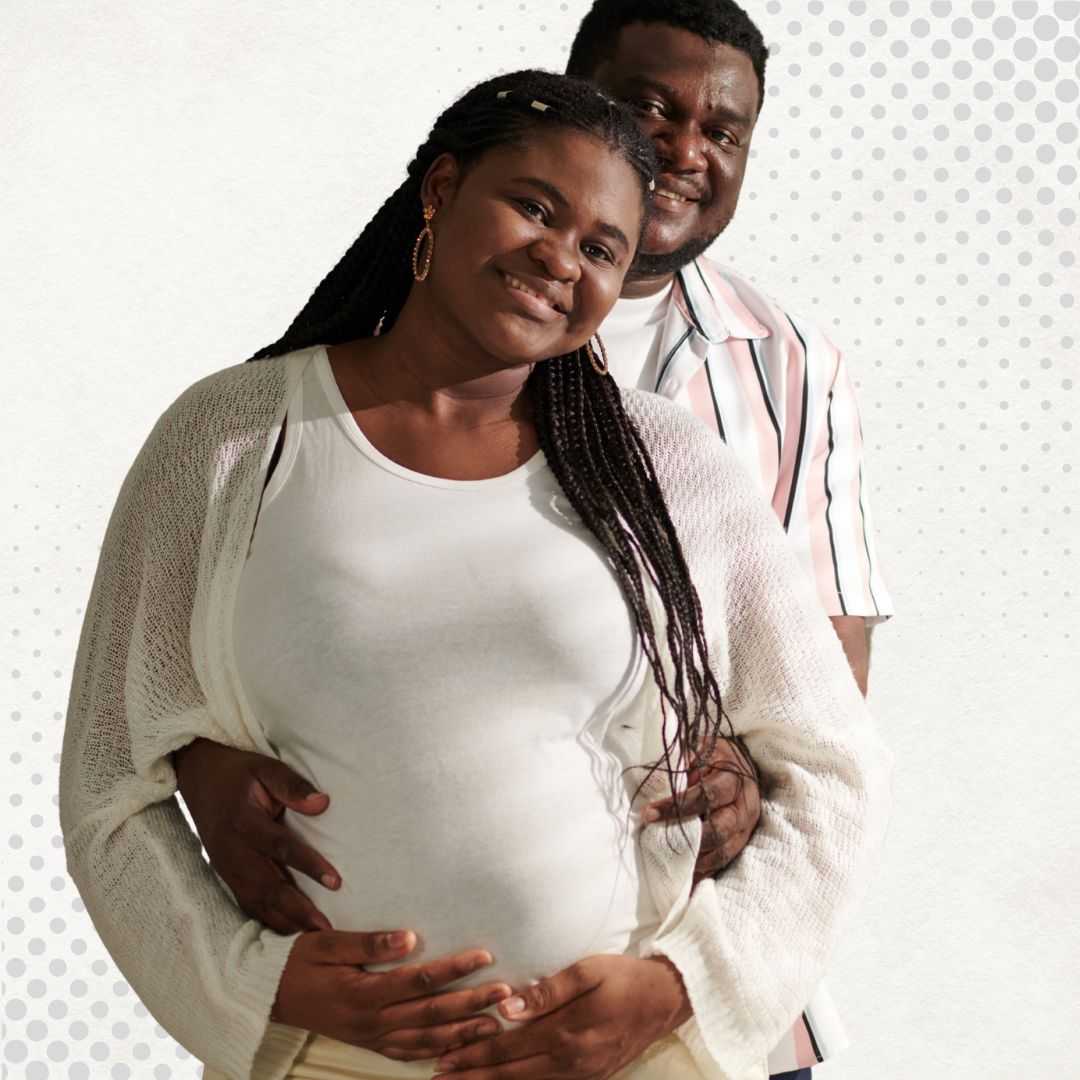

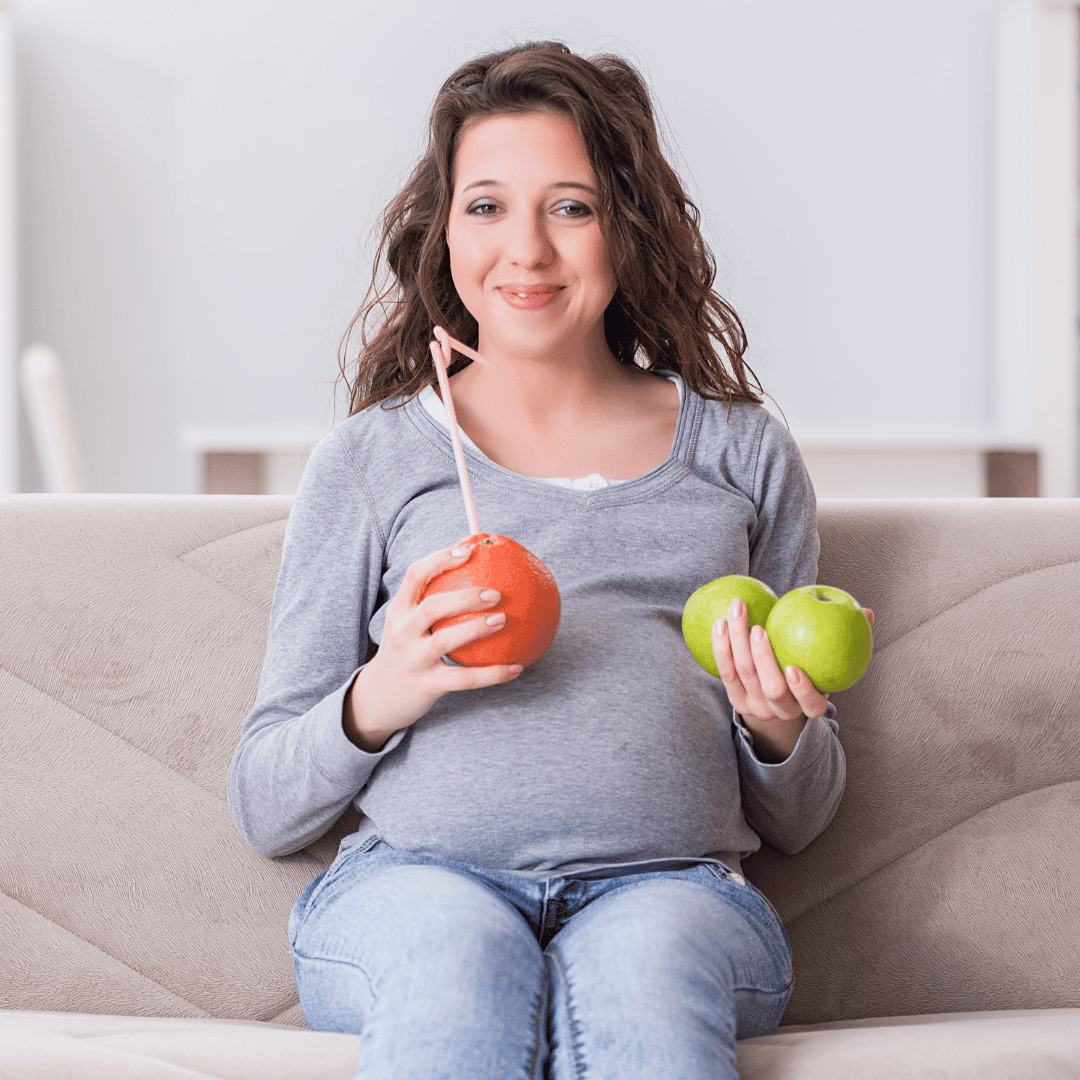

.png)
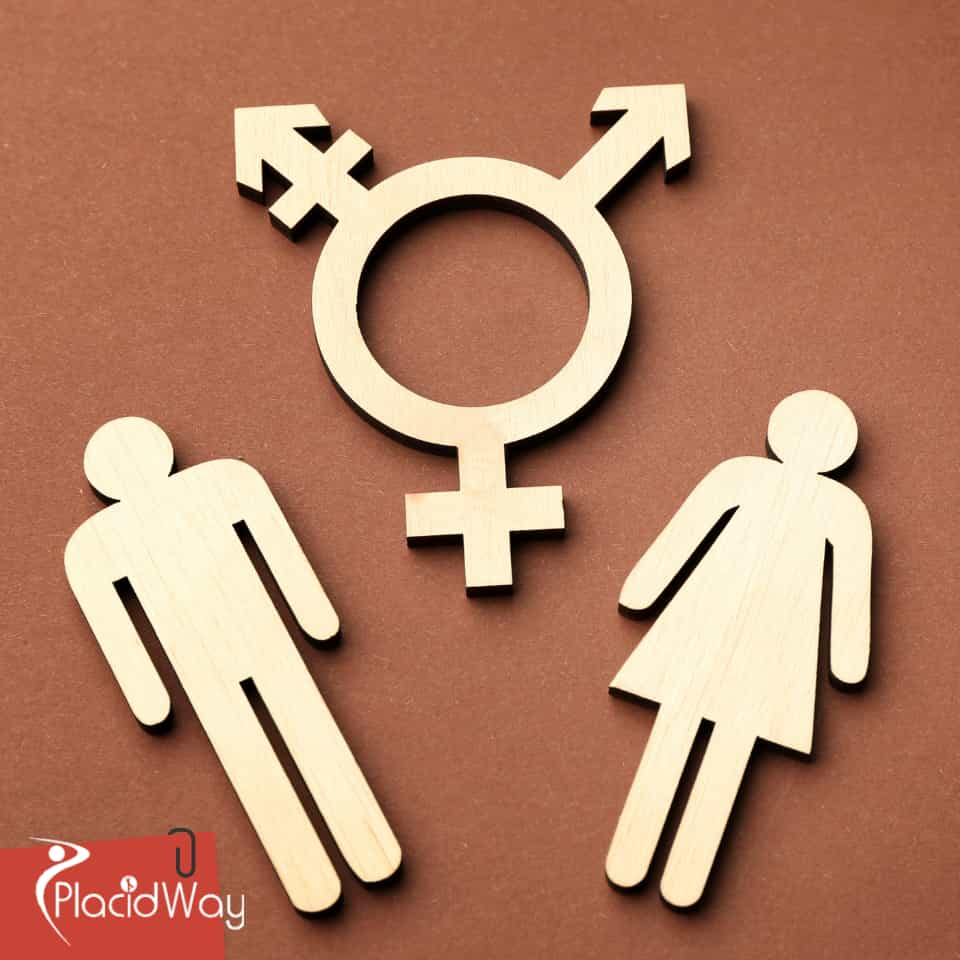

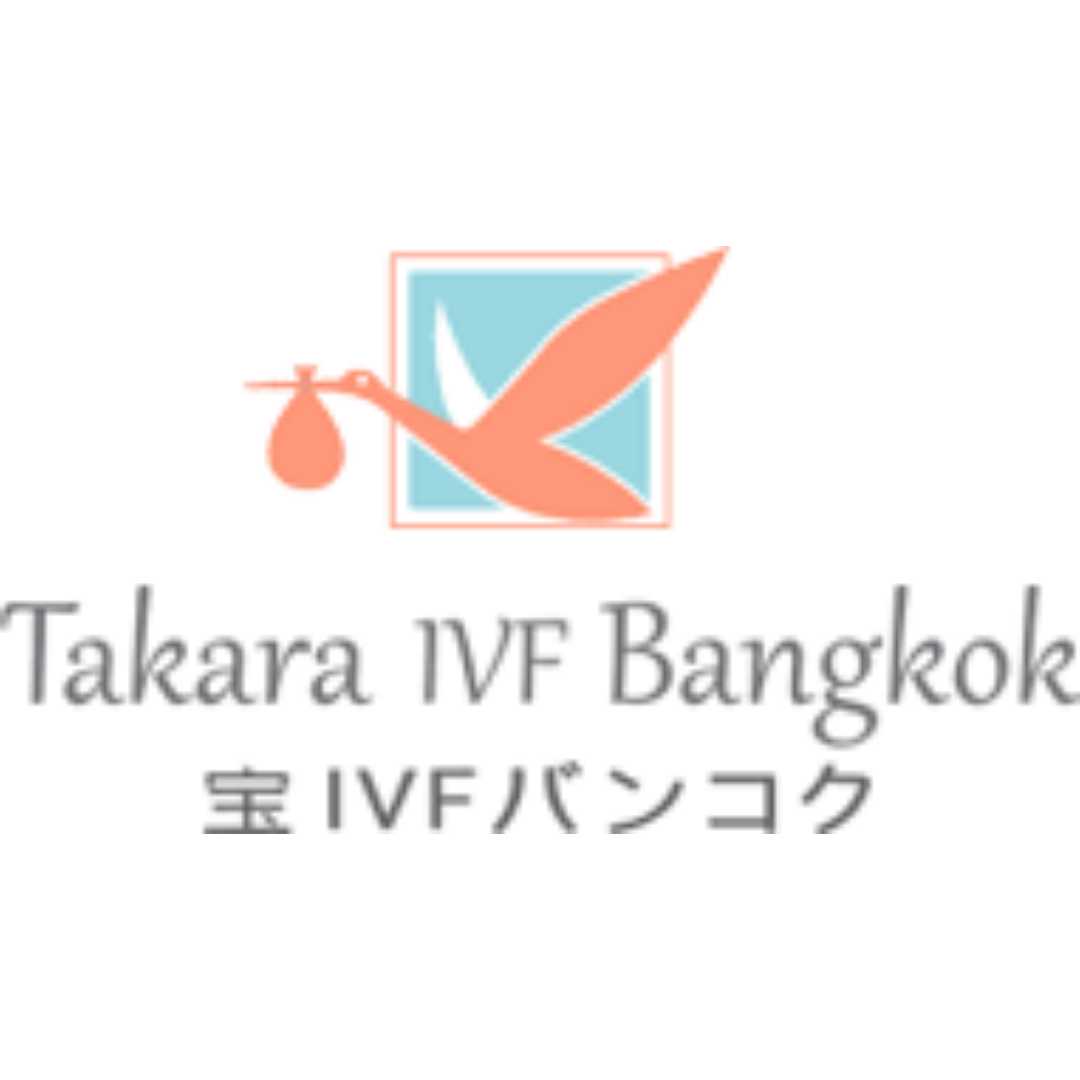
.png)
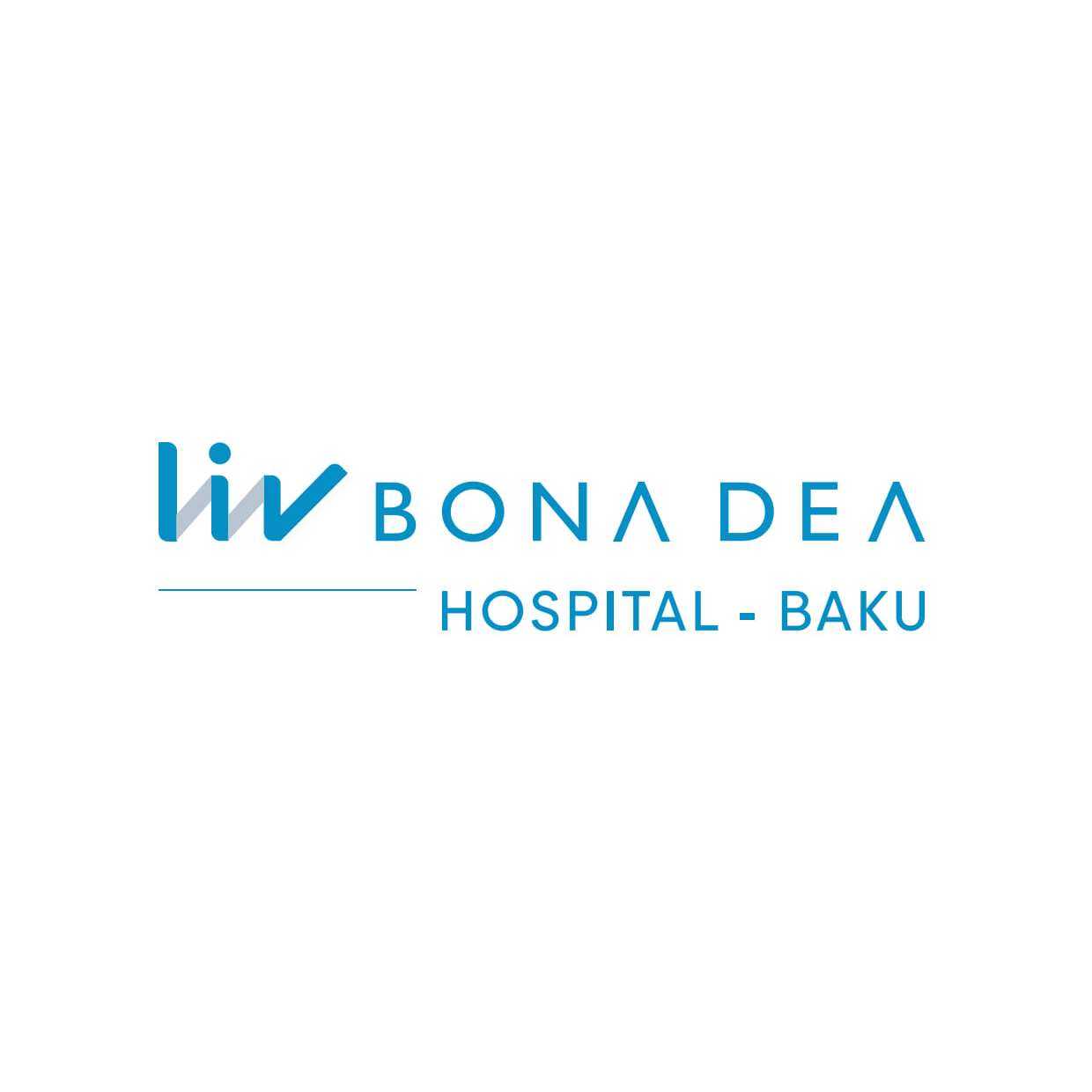
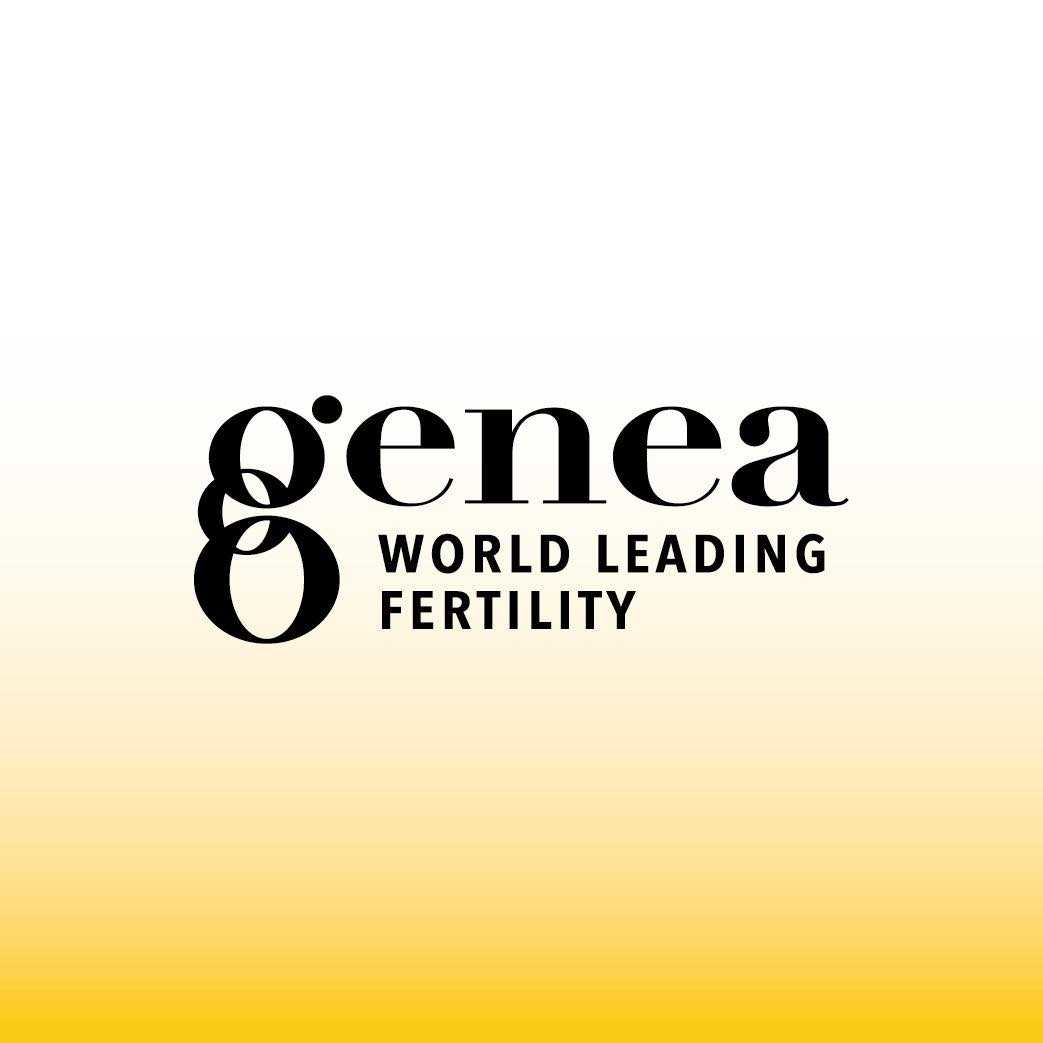
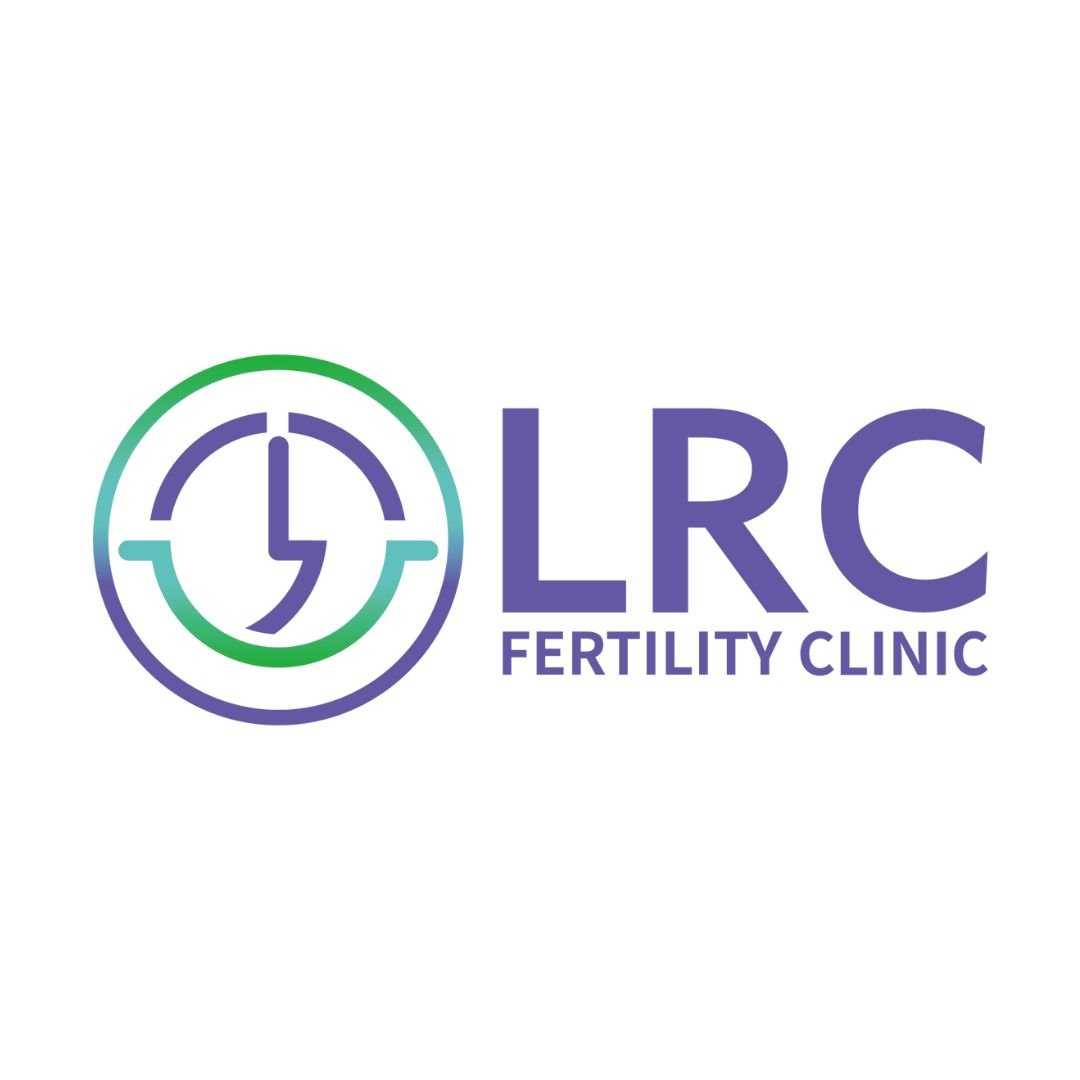

Share this listing